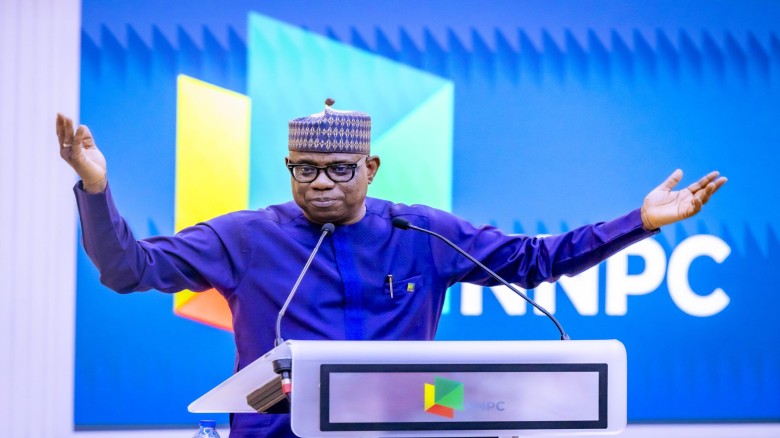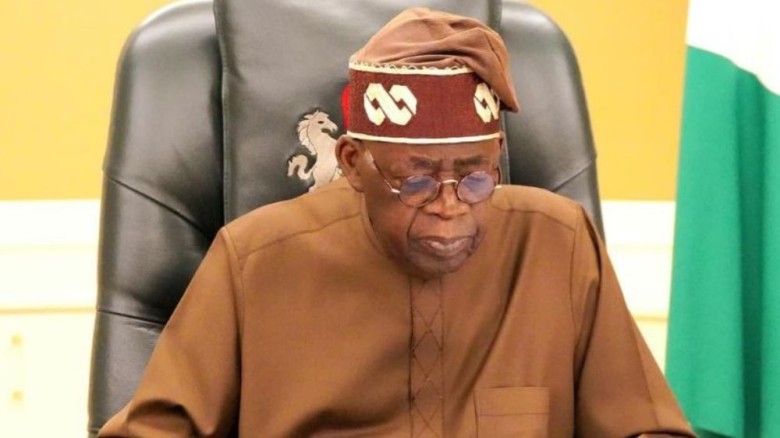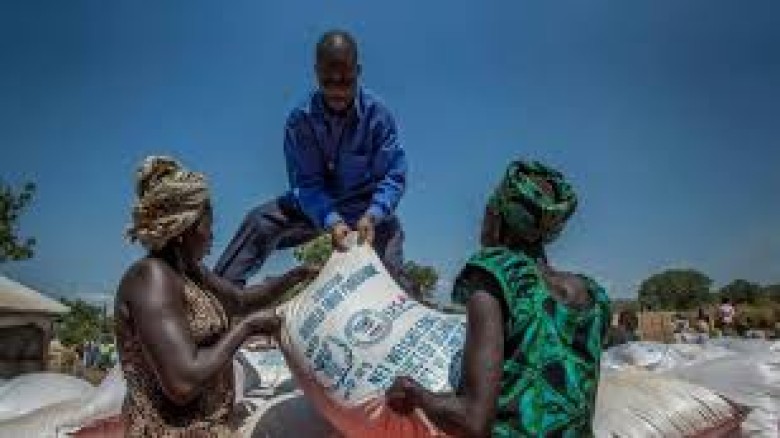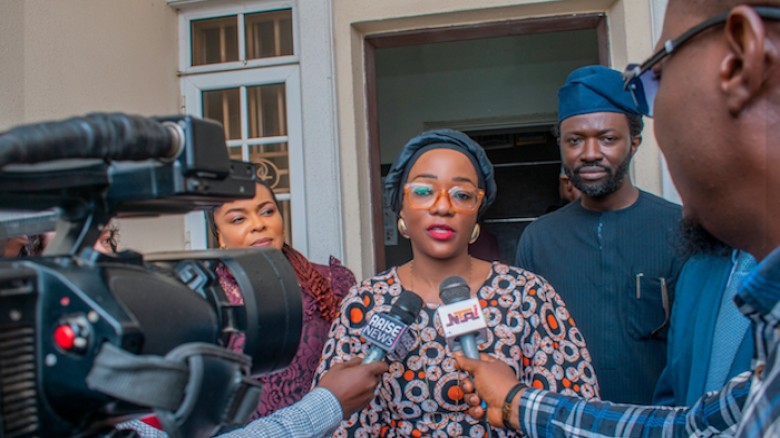NCCC urges developed nations to honour Paris climate commitments
The National Council on Climate Change has called on international partners, particularly developed countries, to meet their commitments outlined in the UN Framework Convention on Climate Change and the Paris Agreement, emphasizing the importance of technology transfer and support for innovation in developing nations.During the Validation Workshop of Nigeria’s Nationally Determined Contribution 3.0 in Abuja, NCCC Director-General, Barr. Teni Majekodunmi, made this appeal on Wednesday.
Under the theme “Driving Ambition, Strengthening Action, and Aligning with the Paris Agreement and Global Stocktake,” Majekodunmi highlighted the necessity of localizing innovation by empowering Nigerian entrepreneurs, researchers, and startups to develop technologies suited to the country's climate challenges.
Nigeria's NDC 3.0 outlines the nation’s upcoming climate action strategy as part of the Paris Agreement, aiming to reduce greenhouse gas emissions and enhance resilience to climate change impacts.
Majekodunmi elaborated that the new strategy builds on Nigeria's previous commitments while aligning with the Long-Term Low Emission Development Strategy and the Nigeria Energy Transition Plan.
She stated, “Today’s validation workshop is the product of extensive technical efforts, comprehensive stakeholder engagement, detailed sector analyses, and close cooperation among agencies conducted over several months.”
“She mentioned, “This validation workshop is the result of months of thorough technical efforts, stakeholder discussions, sector analyses, and inter-agency collaboration.
“It reflects our inclusive approach, ensuring that all voices are acknowledged and our national targets are ambitious, practical, science-oriented, and people-focused.”
Majekodunmi urged for increased domestic funding to complement international support through mechanisms such as the Green Climate Fund, the Adaptation Fund, bilateral and multilateral facilities, public-private partnerships, green bonds, and blended finance initiatives.
She also highlighted the significance of investing in human capital, institutional capacity, and climate technologies, focusing on clean energy systems, modernized agriculture, improved early warning systems, low-carbon transportation, and robust digital infrastructure as critical areas needing immediate investment.
She pointed out clean energy systems, modernized agriculture, improved early warning systems, low-carbon transportation, and stronger digital infrastructure as crucial areas requiring urgent investment and assistance.
Majekodunmi further encouraged workshop participants to ensure that the NDC 3.0 document reflects Nigeria’s aspirations, capabilities, and its leadership position both within Africa and globally.
In her address, UNDP Nigeria Resident Representative, Mrs. Varsha Redkar-Palepu, characterized Nigeria’s updated climate action plan, the Nationally Determined Contribution (NDC) 3.0, as a significant step toward promoting inclusive, resilient, and low-carbon development.
She remarked that Nigeria’s previous NDCs laid a firm foundation, while the revised version embodies “greater ambition, more precise emission reduction targets, enhanced adaptation strategies, and a deeper integration of gender, youth, and local perspectives.”
She commended the leadership of President Bola Ahmed Tinubu and the coordinating efforts of the National Council on Climate Change, emphasizing that the updated plan comes at a crucial moment for global climate action.
“This year, and the subsequent years, are pivotal. The world finds itself at a critical juncture. The choices we make today will influence the climate trajectory for future generations. Nigeria’s NDC 3.0 is introduced at a time when global confidence in multilateral processes is diminishing, yet the pressing need for climate action calls for unity, not division,” she stated.
Redkar-Palepu underscored that the Paris Agreement and the NDC framework are the most effective vehicles for synchronized climate action, pointing out that Nigeria’s leadership sends a strong message that the Global South is taking initiative instead of waiting.
She reiterated UNDP’s commitment to assisting Nigeria in mobilizing climate finance, enhancing institutional capacity, and achieving results that are in line with the Sustainable Development Goals while promoting gender equity and inclusive growth.
.
























Leave A Comment